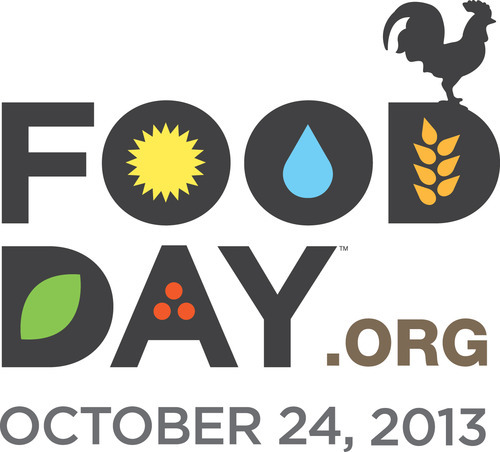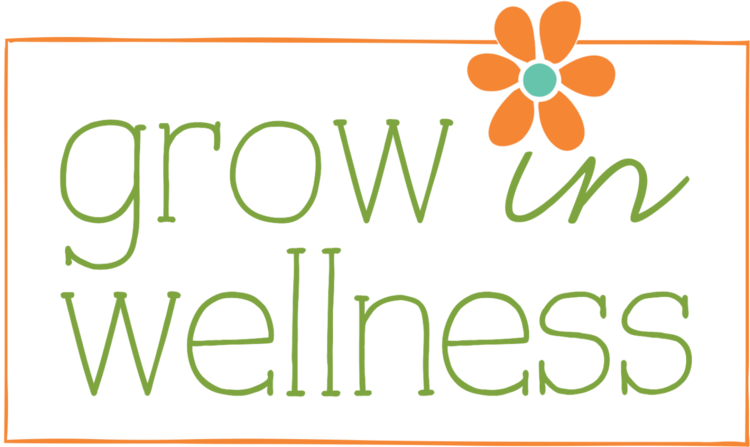It's Food Day!

How many of you had no idea what Food Day is all about? Until about year ago, I didn’t know either. Celebrating Food Day is a great way to get started on making healthy eating a priority or it can be a day where you commit to eating food that comes from plants and is not made in factories. It can give you a chance to start seeing the food that you choose as
nourishing or damaging to your body. Make today the first day of a yearlong journey into eating REAL FOOD!
Here are a few key points from the www.foodday.org website:
Food Day is a nationwide celebration of healthy, affordable, and sustainably produced food and a grassroots campaign for better food policies. Food Day aims to help people Eat Real. That means cutting back on sugar drinks, overly salted packaged foods, and fatty, factory-farmed meats in favor of vegetables, fruits, whole grains, and sustainably raised protein. Food Day envisions shorter lines at fast-food drive-throughs — and bigger crowds at farmers markets.
This annual event involves some of the country’s most prominent food activists, like Jamie Oliver, united by a vision of food that is healthy, affordable, and produced with care for the environment, farm animals, and the people who grow, harvest, and serve it. Food Day priorities include:
- Promote safer, healthier diets: The foods we eat should promote, not undermine, our good health. Yet, every year we spend more than $150 billion on obesity-related health care costs, plus another $73 billion in reduced productivity.
- Support sustainable and organic farms: Currently, sustainable farms receive little to no federal support and often lack market access to keep them competitive. Meanwhile, the largest 10 percent of industrialized farms—which contribute to poor health and severe environmental degradation—receive 75 percent of all farm subsidies.
- Reduce hunger: Currently, around 50 million Americans are considered “food insecure”, or near hunger, and Supplemental Nutrition Assistance Program (SNAP, formerly food stamps) participation is at an all-time high. SNAP is vital to reducing hunger, but the program’s budget is under constant attack while federal measures to increase food access are minimal.
- Reform factory farms to protect the environment and farm animals: Today, most farm animals are confined in “factory farms”—sometimes containing as many as 50,000-100,000 cattle, hens, or pigs. These practices result in needless animal abuse and illness, environmental degradation, and harm the people who live in and around those facilities.
- Support fair working conditions for food and farm workers: 20 million workers throughout the U.S. food system harvest, process, ship, sell, cook, and serve the food we eat every day. And yet, many farmworkers earn well below poverty levels while the tipped minimum wage for restaurant servers has remained at $2.13 per hour for the last 21 years.
Make your Food Day a fun day… visit a farmer’s market and try a new fruit or vegetable, make a new recipe from scratch and have your family help prepare it, plan a potluck dinner with your neighbors or think ahead and plant something to eat later in the year (blueberries, perhaps?). I’m going to fill my fridge with what’s in season … what will you do?
